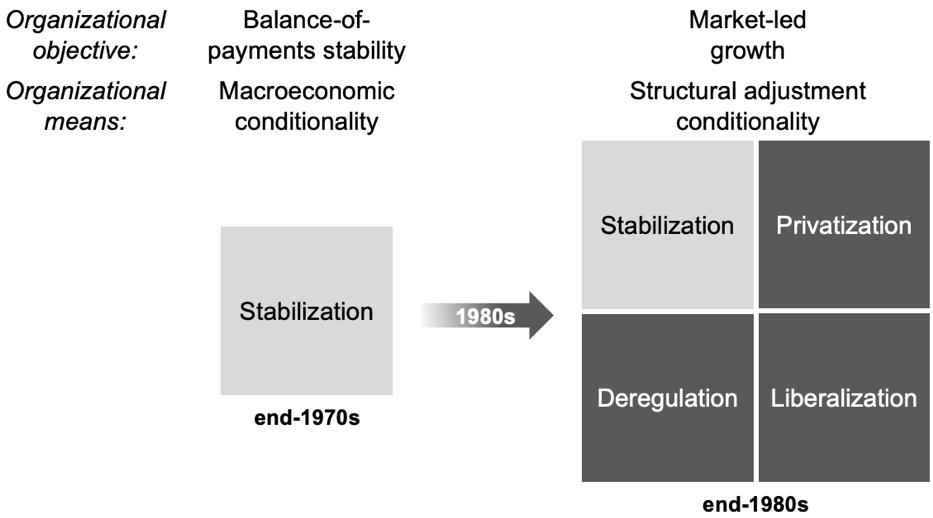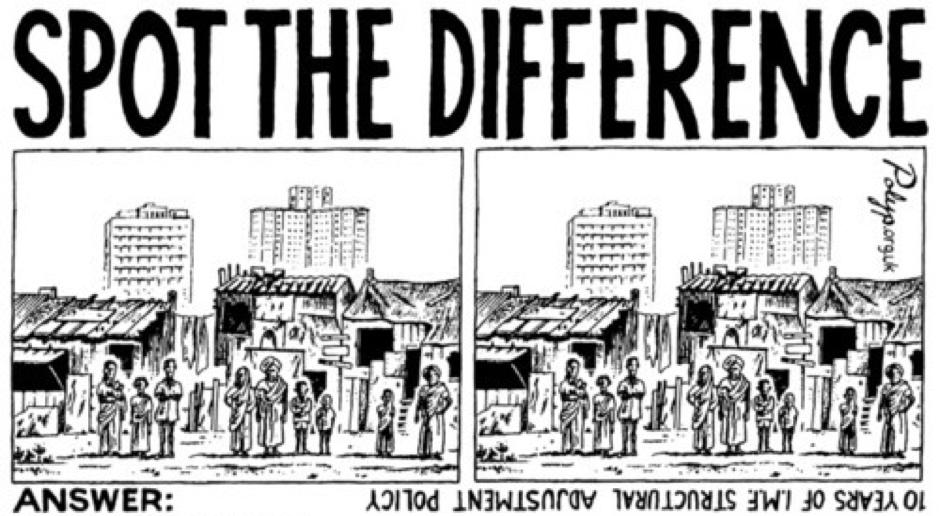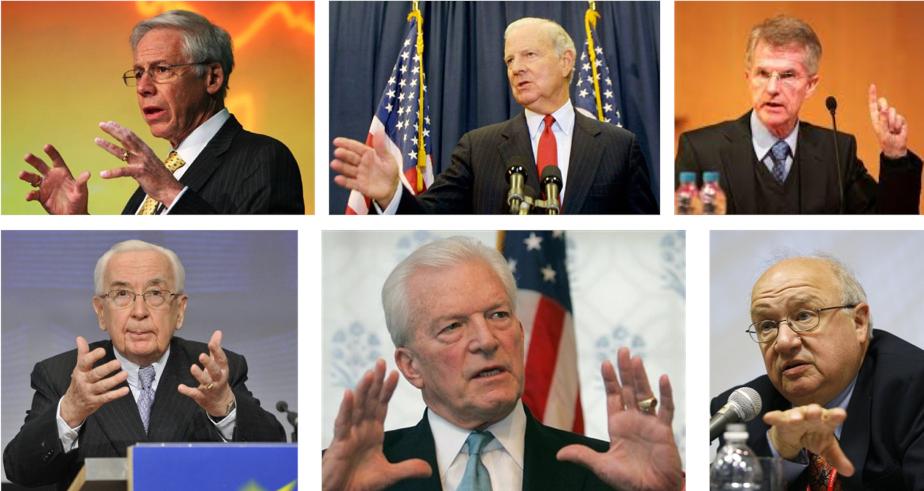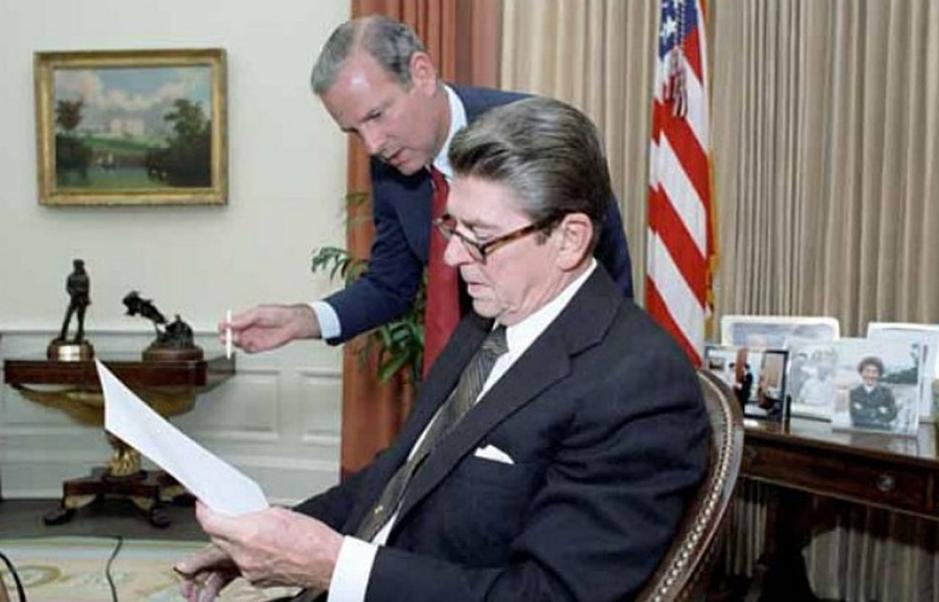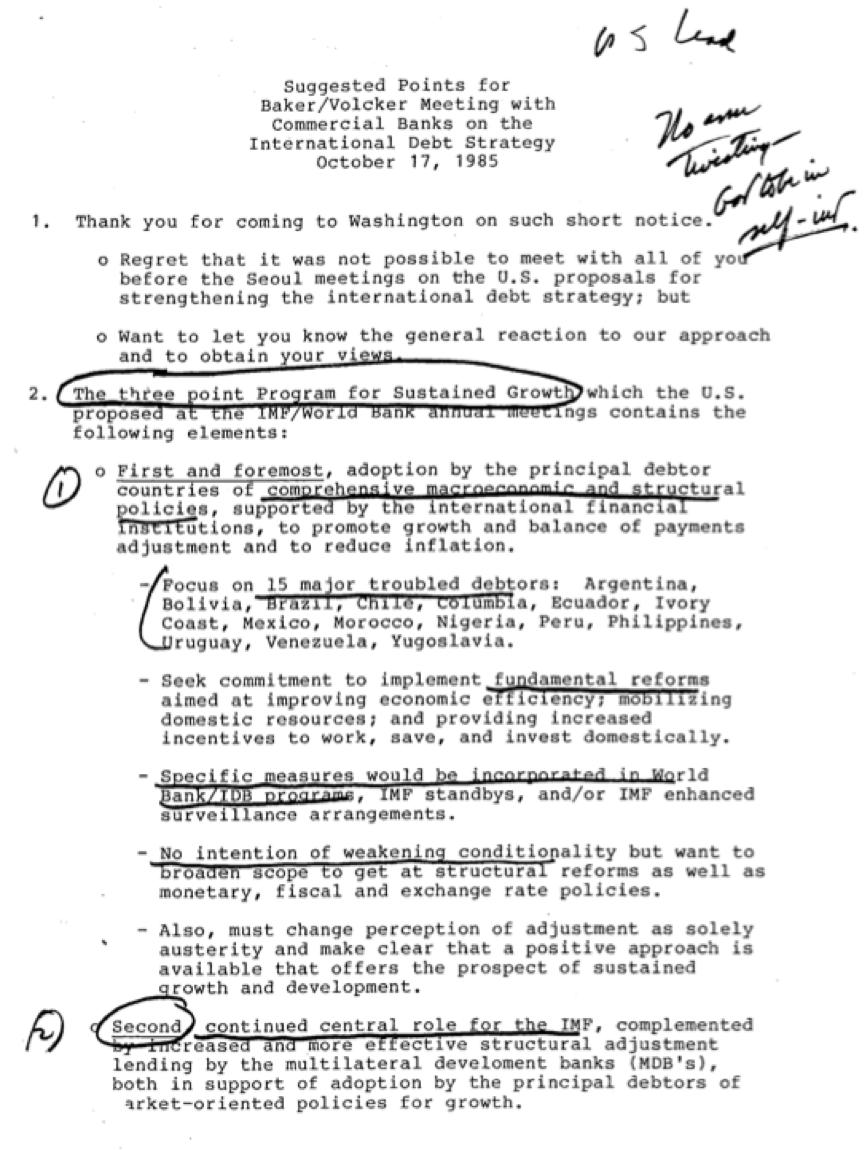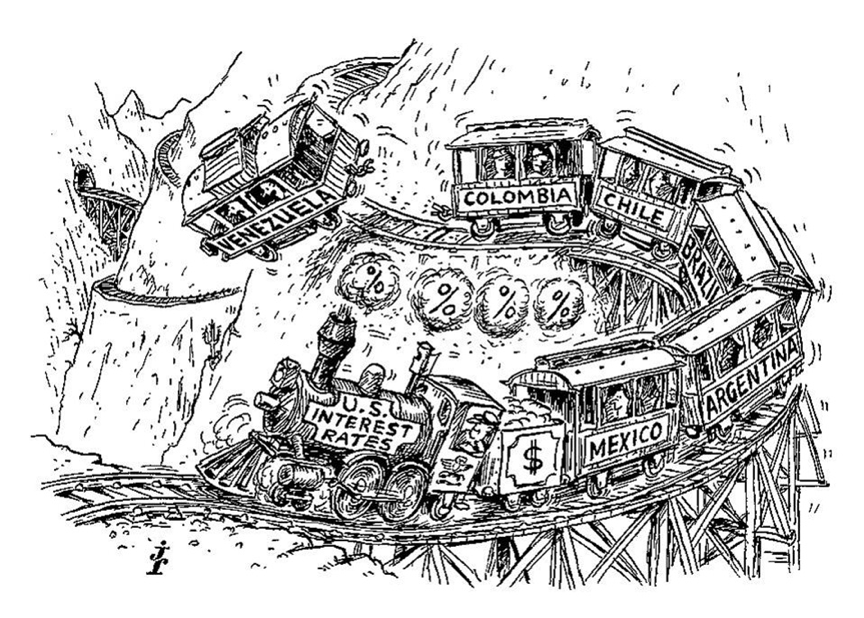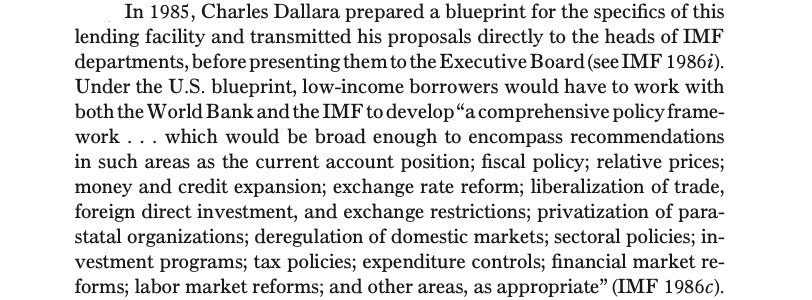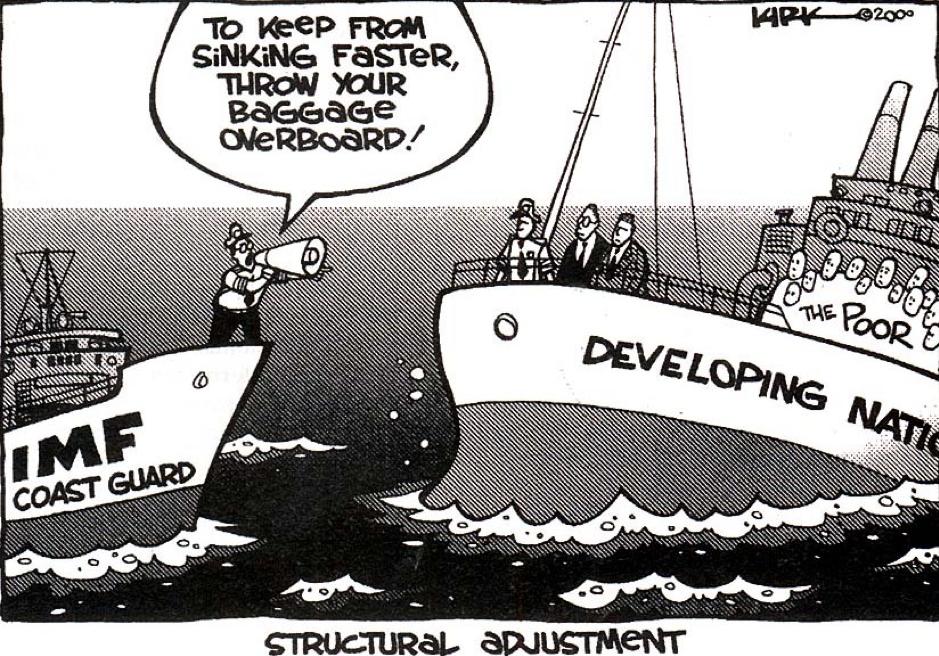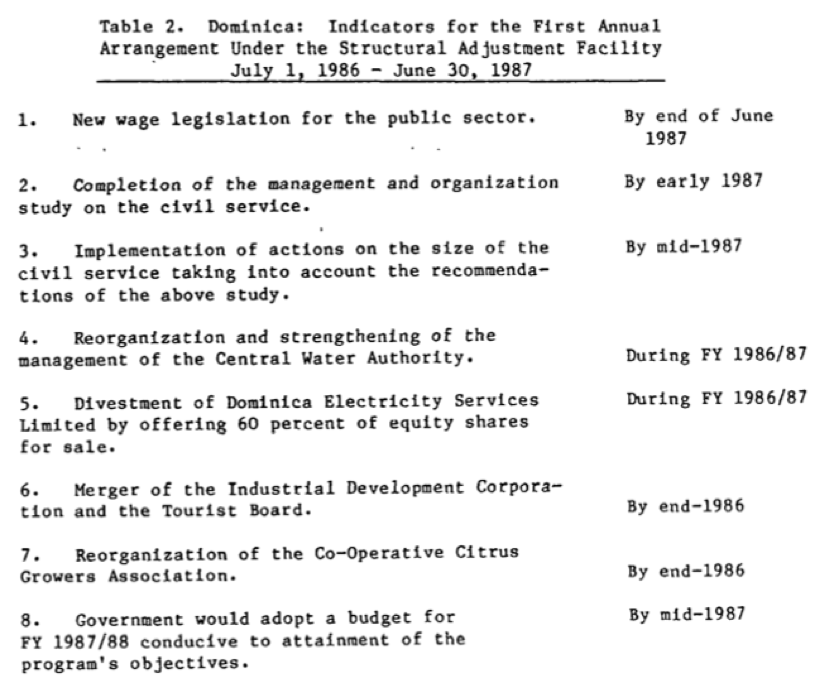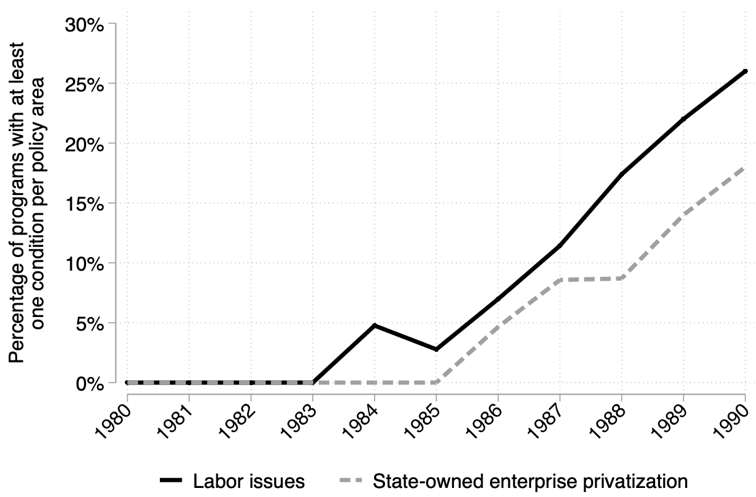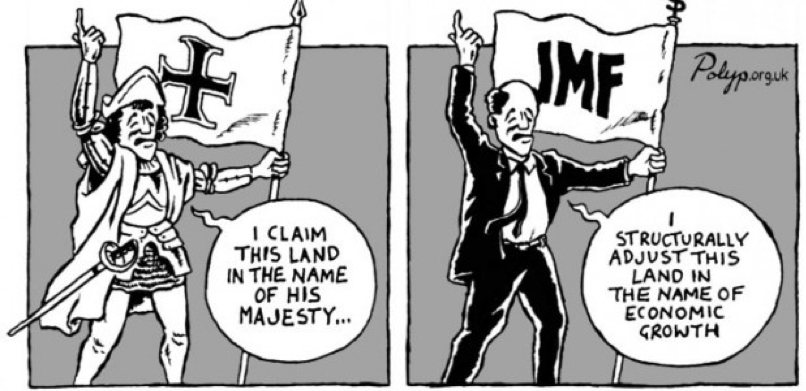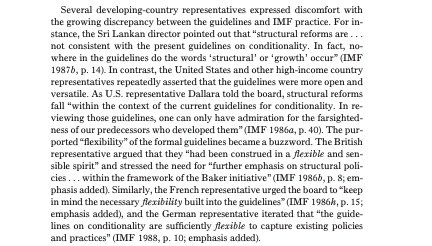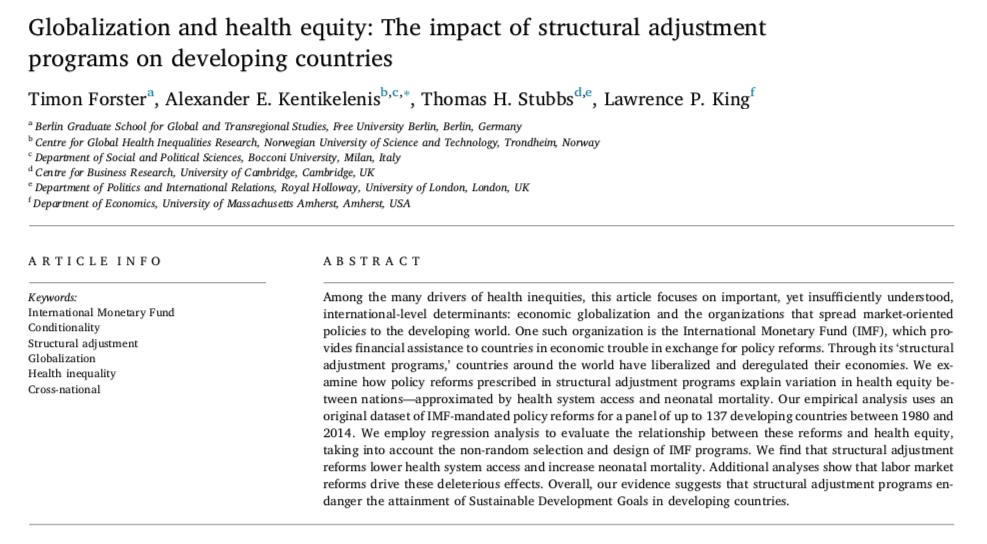We examine the rise of Washington Consensus policies in 1980s.
The US engineered the policy agenda, but how? A nerdy thread on institutional change
Paywall: doi.org/10.1086/702900
Ungated: bit.ly/NeoliberalGlob…
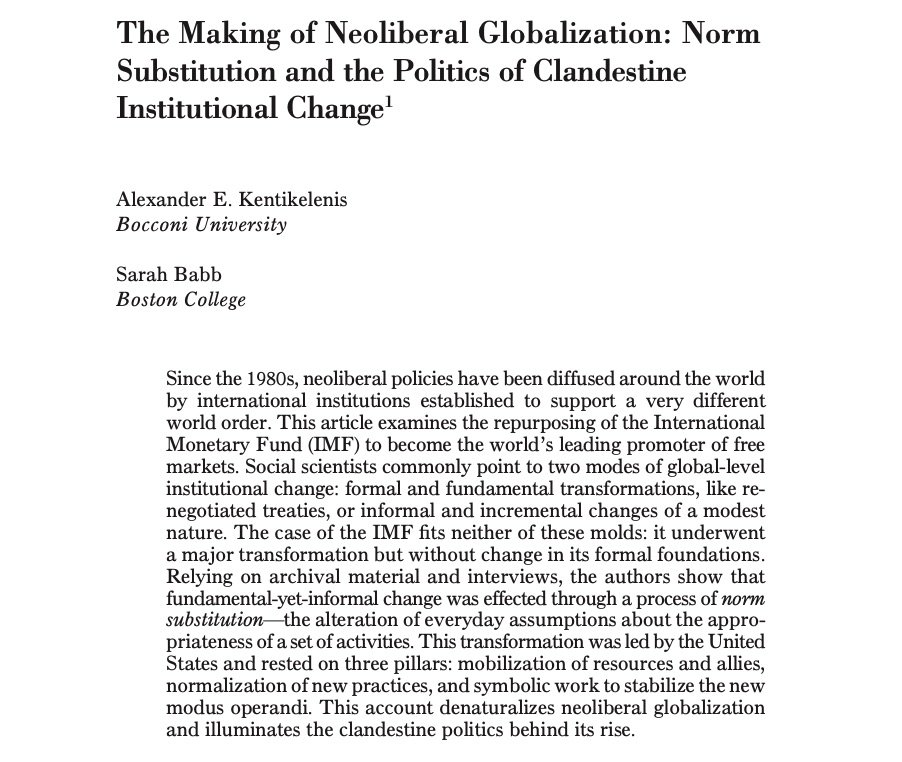
US official: "no one in their right mind wants to start amending the treaties; this has to be approved by the countries… If we can accomplish a goal without having formal vote, it’s a safer bet"
4/18
8/18
E.g., IMF official complained that new direction reflected “dogmatic preference for private ownership of enterprises, in contradiction to IMF’s professed neutrality”
14/18
The US crafted a two-pronged narrative to overcome legitimation deficit.
15/18
